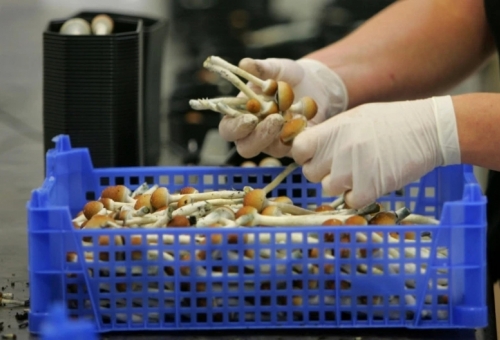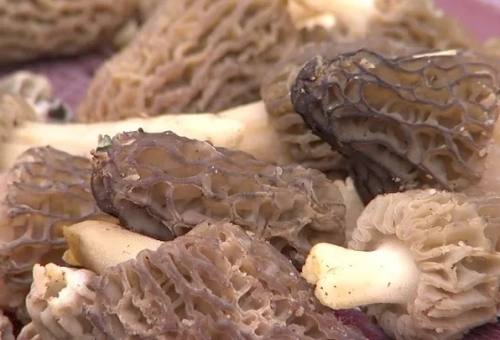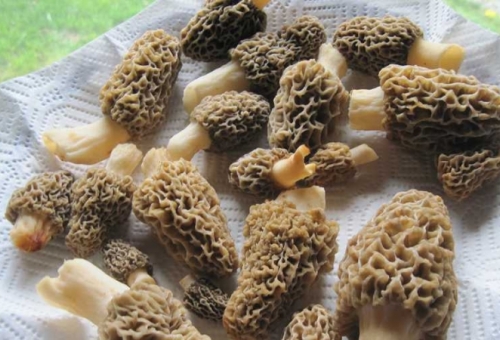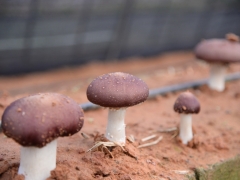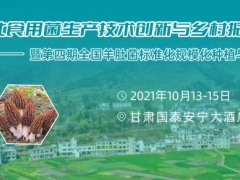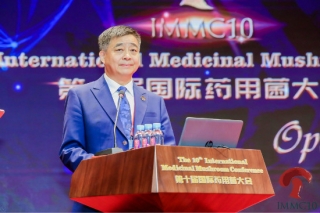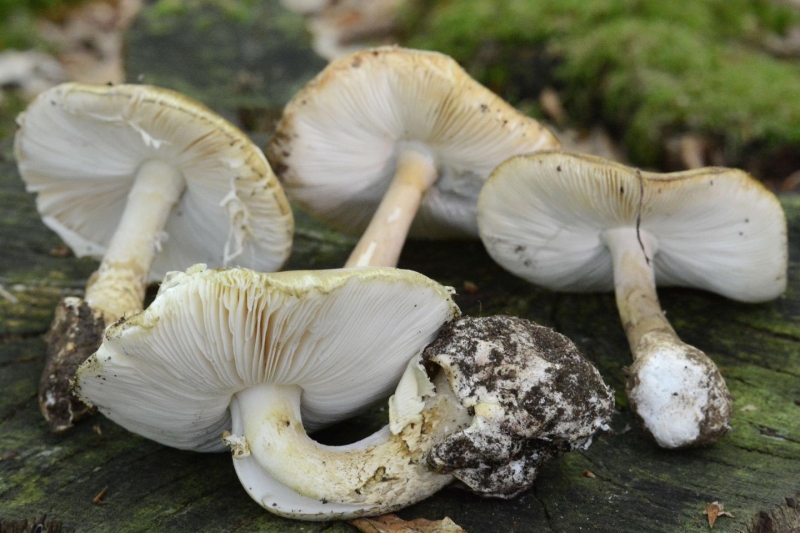
record number of people have been sickened by toxic mushrooms in New Jersey, according to CBS New York.
From July 1 to August 13, 38 people and seven animals were poisoned after eating toxic mushrooms. Those sickened after consuming the fungi ranged in age from nine months to 70 years old. Fifteen of the state's 21 counties recorded poisonings.
During the month-and-a-half period, mushroom consumption, which can cause vomiting, diarrhea, vital organ damage or death, sent thirteen people to emergency rooms.
"This is a serious issue. No matter the scenario, it is unsafe to pick and eat mushrooms found in the wild," Executive and Medical Director at the New Jersey Poison Control Center Diane Calello said in an August 14 news release. "Even experienced mushroom pickers are fooled by toxic look-a-likes at times."
The 38 cases represent a significant increase from recent years. about 15 people were poisoned last year. Zero poisonings occurred in 2016 and 2015, while 16 took place in 2014 and four were recorded in 2013, according to NJ.com.
Last year, a spate of people in New Jersey were hospitalized after eating wild mushrooms.
Even those who think they're well-informed can mistakenly pluck and eat a poison fungus. Cooking the mushrooms will not kill the toxins.
"We’ve been up the last two years. We’ve seen a lot of people grabbing stuff and wanting to cook it. Don’t ask me why," Managing Director at the New Jersey Poison Control Center Bruce Ruck told NJ.com.
Ruck said the weather is contributing to mushroom growth. A number of towns in the Garden State received over nine inches of rain in July.
The moisture, heat and humidity help mushrooms proliferate, although Ruck said he wasn't sure the growth conditions were better than in previous years.
Either way, the toxic Amanita phalloides and Amanita bisporigera -- both of which are potentially deadly -- have blossomed.
While the number of cases in New Jersey has been rising, the state is not alone.
Fourteen people fell ill in California after eating A. phalloides in 2016. Three of those sickened by the "death cap" mushroom needed liver transplants. Those affected ranged in age from an 18-month-old baby to a 93-year-old.
Calello suggested that although mushroom poisoning is unfortunate, there's an easy solution. "It is rare that an injury is truly preventable, but that is the case here," she said. "Fortunately, mushroom poisoning can be prevented by simply not eating wild mushrooms."





